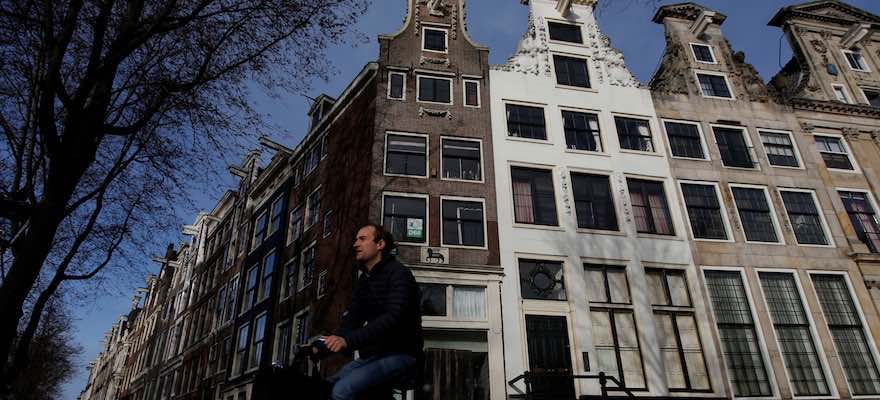MUFG has become the latest Japanese lender operating in the UK to disclose its post-Brexit strategy. The largest bank by assets in Japan has broken away from other Japanese banks in opting for Amsterdam as its new EU hub following the UK’s upcoming schism with the bloc. The move is a notable departure from other industry rivals, nearly all of which have focused on either Frankfurt or Dublin as viable relocation targets.
In contrast to Nomura, Daiwa Securities, and (SMFG), which having chosen Frankfurt, MUFG is the first major lender to formalize plans to relocate to Amsterdam. The move comes amidst a scramble to decide on post-Brexit strategies, according to an FT report.
Previously talked up as a dark horse candidate for banks looking to relocate their headquarters, Amsterdam has thus far not materialized as a frontrunner. Rather, the city has ceded most suitors to Frankfurt or Dublin.
Decision time
MUFG’s decision is in line with the Bank of England’s previously announced July deadline for UK-based banks to provide the regulator with detailed plans about their Brexit strategies. MUFG’s announced plan follows a from a multitude of lenders, all publicizing their plans after months of chatter.
Currently it employs nearly 2,100 people in London, though it is unlikely to see a complete exodus of its personnel. Rather, the group could see fewer than 100 employees shifted to Amsterdam – a low number, but one that would represent the largest personnel move to the Dutch capital to date.
The move is ultimately one of necessity as the UK’s mixed signals on passporting rights have been central to the strategies of lenders operating in London. While recent months have opened the door to the retention of these rights via , banks have no choice but to make more concrete plans moving forward.
It is unclear what drove MUFG to choose Amsterdam over the other options, but one possibility is the high levels of competition in both Frankfurt and Dublin. Both cities, while strong landing spots and financial hubs, each have their distinct disadvantages – in the case of Frankfurt, a dearth of available office space. The German city has been the unquestioned leader so far in attracting banks.
Loosened regulations
Perhaps recognizing what drives banks’ decision-making, Frankfurt recently for foreign lenders in the city. These laws dealt with retention and other processes, designed to serve as a carrot for banks that were undecided. Amsterdam has taken the opposite course, sticking with the strict bonus caps mandated under EU law.
In particular, Dutch banks face limits to bonuses, which can be no more than 20 per cent of fixed pay, as opposed to other EU banks that pay bonuses of up to double the fixed pay. Still, Dutch authorities have hinted at rolling back the 20 percent cap, though only if banks employ at least 75 percent of their staff outside the Netherlands.





Be First to Comment